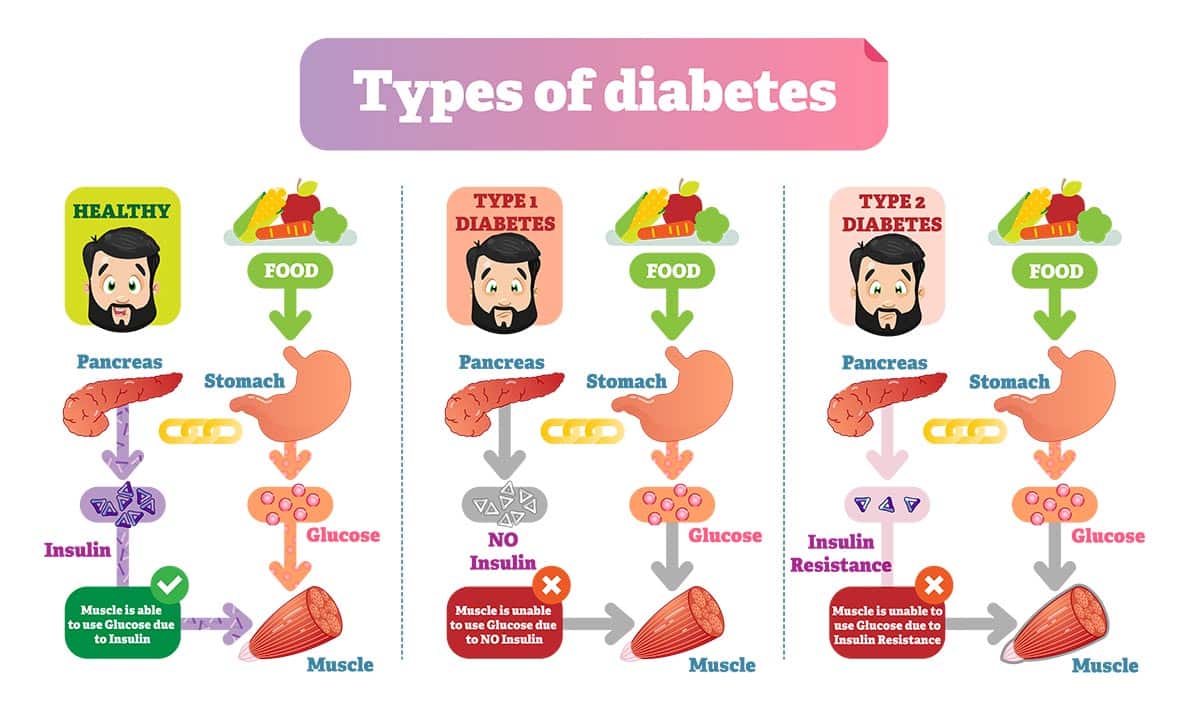Who would you say is the greatest Canadian of all time?
The CBC TV series “The Greatest Canadian” put Tommy Douglas—aka the “Father of Medicare”—at the top of its 2004 list, just ahead of Terry Fox and Pierre Trudeau.
No. 4, however, is a man whose name is less recognizable. Sir Frederick Banting won the 1923 Nobel Prize in medicine for his co-discovery of insulin, a hormone that regulates how our bodies use sugar and other nutrients. Why was this such a breakthrough? Until then, diabetes was one of the deadliest diseases on Earth. After being diagnosed, diabetic children rarely lived a year, and less than 20 percent of adults lived more than 10 years.
The discovery of insulin has saved hundreds of millions of lives and continues to keep diabetics alive and kicking. Today 11 million Canadians live with diabetes or prediabetes, with a new case being diagnosed every three minutes. No wonder Diabetes Awareness Month—November—is such a big deal.
The discovery of insulin was a game-changer, to be sure. But has it made all the health issues surrounding diabetes disappear? Not even close.
What is diabetes, anyway?
Diabetes is a chronic disease in which the body can’t make insulin or properly use the insulin it produces. This leads to high blood sugar levels, which can damage organs, blood vessels, and nerves.
There are two main types of diabetes. Type 1 usually develops in childhood or adolescence. Type 2 can develop at any age. People over the age of 40 with a parent or sibling with diabetes are at a higher risk of having type 2.
The image below explains how diabetes affects your body.

Want to know more about the diabetes diagram above? Read about it here.
For healthy guys, digested food in the stomach breaks down into sugar or glucose sent to the bloodstream. Meanwhile, the pancreas makes insulin that helps move glucose from the blood into muscle cells to be used as fuel for energy right away or stored for later use. For guys with type 1 diabetes, the pancreas cannot produce insulin, so the glucose cannot get into the cells needed for energy. Glucose stays in the blood, which makes the blood sugar level very high and causes health problems. For guys with type 2 diabetes, the pancreas still makes insulin, but it doesn’t work in the body as it should. Blood sugar levels get too high, causing health problems that can be prevented with healthy eating and regular exercise.
Causes of type 2 diabetes
There is no single cause, but several factors boost your risk of developing it.
The following can increase your risk of type 2 diabetes:
- Over 40 years of age
- Being overweight, especially around the middle
- High blood pressure
- High cholesterol or other fats in the blood
- Being of Aboriginal, Hispanic, Asian, South Asian, or African descent
Signs & symptoms of type 2 diabetes
People with type 2 diabetes oftentimes don’t show any symptoms. That’s why it is important for anyone over the age of 40 to get their blood sugar levels checked every 3 years.
Common symptoms of type 2 diabetes:
- Unusual thirst
- Frequent urination
- Weight gain or loss
- Extreme fatigue or lack of energy
- Blurred vision
- Frequent or recurring infections
- Cuts and bruises that are slow to heal
- Tingling or numbness in the hands or feet
- Trouble getting or maintaining an erection
How to reduce your risk of getting type 2 diabetes
Good news! There are things you can do to prevent or delay type 2 diabetes, and it can all be done by making small, easy changes to your daily routine.
Know where you stand with your overall health: Use the free (and completely anonymous) Men’s Health Check Tool to assess your risk of developing type 2 diabetes and other common health concerns among men.
Be physically active: If working out hasn’t been your go-to activity in recent years, start slow and easy. There are plenty of fitness apps out there to help get you started without hurting yourself. Does 7-minutes a day sound doable? Start there!
Cut down on fats and sugar in your diet: You’ve come to the right place for tips on eating healthier. A few small changes to how you eat can make a big difference!
Achieve a healthy weight and maintain it: Exercise and healthy eating can help you control your weight.
Don’t smoke: It’s hard to quit smoking. If it’s something you’ve been thinking about, here are some things you can try to kick the habit.
Maintain healthy blood pressure: This can be achieved by exercising, limiting your alcohol intake, eating healthy and cutting back on smoking.
If left untreated or improperly managed, diabetes can be fatal, with severe complications including blindness, heart attack, stroke, kidney failure, erectile dysfunction, and amputation.
What’s your favourite healthy late-night snack? Share your most satisfying (and healthy) snack hack in the comments below.
This article was originally published on November 2, 2018.
Are You at Risk?
Learn your risk level for the most common men’s health conditions in 10 minutes with a free, confidential, and personalized report.

Let’s Talk!
Did you enjoy this article? Let us know in the comments.
0 Comments